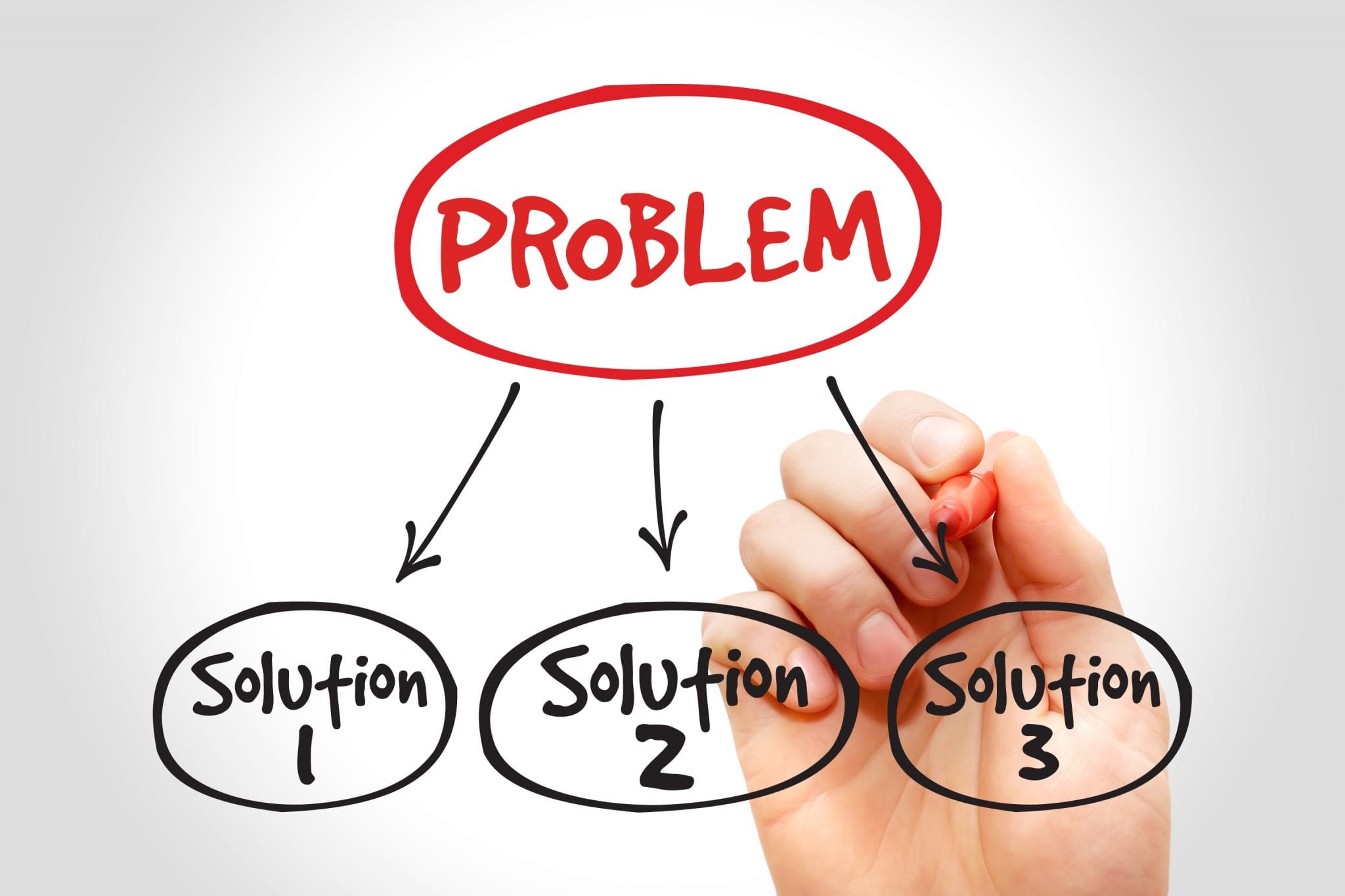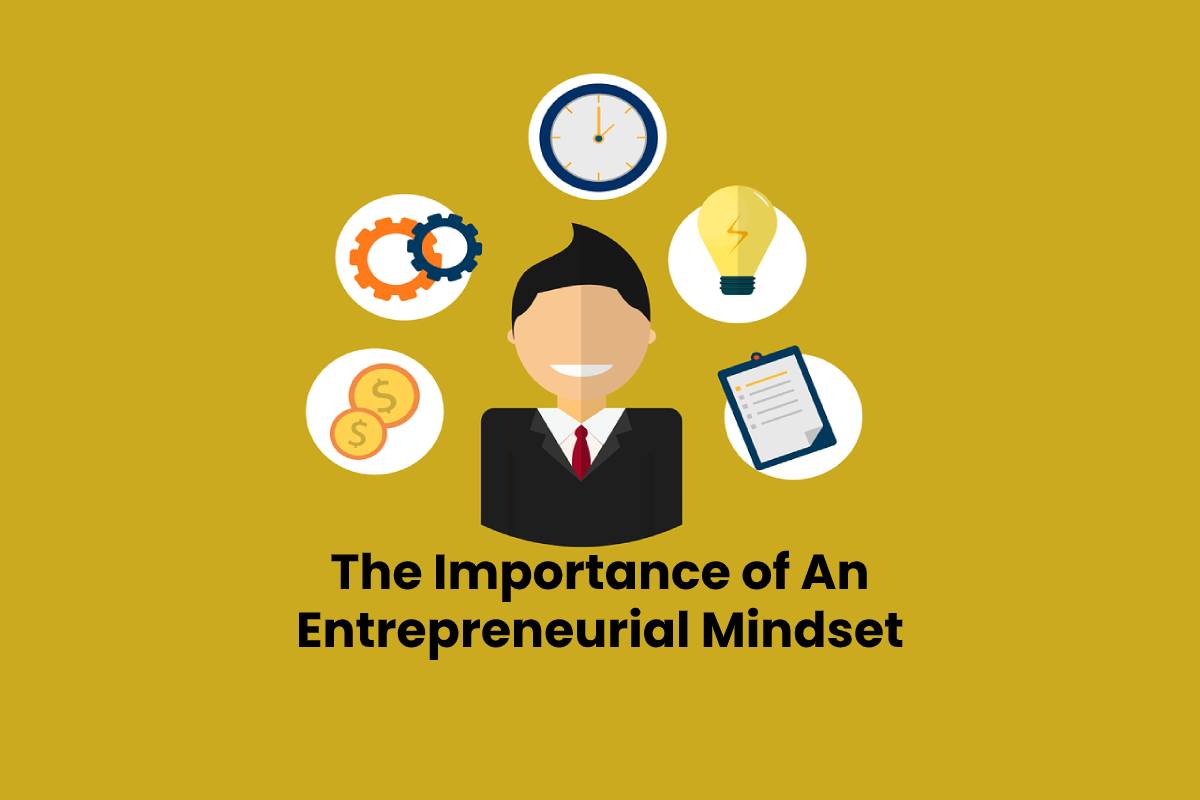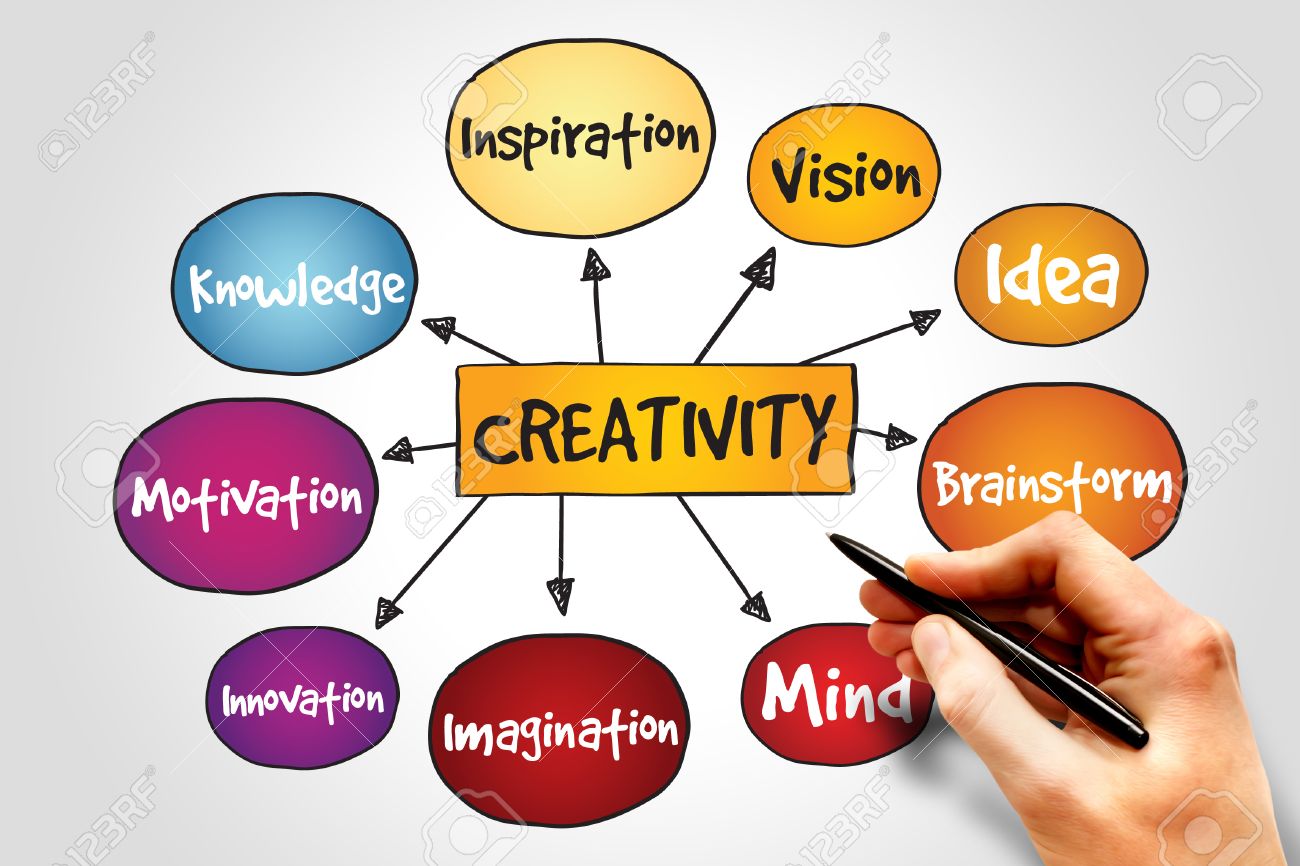Fostering a Culture of Experimentation and Risk-Taking
Experimentation and risk-taking are essential components of a creative entrepreneurial mindset. By embracing a culture of experimentation, entrepreneurs can encourage innovation, creativity, and calculated risk-taking within their organizations. This approach allows entrepreneurs to test new ideas, products, and services, and to learn from their successes and failures.
Successful entrepreneurs who have taken calculated risks to achieve their goals include Steve Jobs, who co-founded Apple and revolutionized the tech industry with innovative products like the iPhone and iPad. Another example is Richard Branson, who has built a business empire through his willingness to take risks and experiment with new ventures.
By fostering a culture of experimentation and risk-taking, entrepreneurs can create an environment that encourages creativity, innovation, and growth. This approach requires a willingness to challenge assumptions, to question conventional wisdom, and to explore new possibilities. It also requires a commitment to learning from failures and using them as opportunities for growth and improvement.
Some strategies for fostering a culture of experimentation and risk-taking include encouraging a culture of psychological safety, where employees feel comfortable sharing their ideas and taking risks without fear of retribution. Another approach is to provide resources and support for experimentation, such as funding for new projects or access to mentorship and guidance.
By embracing a culture of experimentation and risk-taking, entrepreneurs can unlock the full potential of their organizations and drive growth, innovation, and success. This approach requires a commitment to creativity, innovation, and calculated risk-taking, and a willingness to challenge assumptions and explore new possibilities.
How to Develop a Creative Problem-Solving Approach
Developing a creative problem-solving approach is essential for entrepreneurs who want to cultivate a creative entrepreneurial mindset. This approach involves using techniques such as brainstorming, mind mapping, and design thinking to generate innovative solutions to complex problems.
Brainstorming is a technique that involves generating a large number of ideas in a short amount of time. This technique can be used to identify new opportunities, solve complex problems, and develop innovative solutions. To brainstorm effectively, entrepreneurs should create a relaxed and non-judgmental environment where ideas can flow freely.
Mind mapping is another technique that can be used to develop a creative problem-solving approach. This technique involves creating a visual map of ideas and concepts to identify relationships and patterns. Mind mapping can be used to generate new ideas, organize complex information, and develop innovative solutions.
Design thinking is a problem-solving approach that involves empathizing with customers, ideating solutions, prototyping, and testing. This approach can be used to develop innovative solutions that meet the needs of customers and drive business growth.
Other techniques that can be used to develop a creative problem-solving approach include SCAMPER (Substitute, Combine, Adapt, Modify, Put to Another Use, Eliminate, and Rearrange), reverse brainstorming, and the Six Thinking Hats method. These techniques can be used to generate new ideas, identify new opportunities, and develop innovative solutions.
By using these techniques, entrepreneurs can develop a creative problem-solving approach that drives innovation and growth. This approach requires a willingness to think creatively, take risks, and experiment with new ideas. It also requires a commitment to learning from failures and using them as opportunities for growth and improvement.
The Importance of Embracing Failure and Learning from Mistakes
Embracing failure and learning from mistakes is a crucial aspect of the entrepreneurial journey. It is essential for entrepreneurs to understand that failure is not the opposite of success, but rather a stepping stone to achieving their goals. By embracing failure and learning from mistakes, entrepreneurs can develop a creative entrepreneurial mindset that is resilient, adaptable, and open to new opportunities.
Successful entrepreneurs who have learned from their failures and used them as opportunities for growth include Thomas Edison, who is famously quoted as saying, “I have not failed. I’ve just found 10,000 ways that won’t work.” Another example is J.K. Rowling, who was rejected by 12 publishers before her book “Harry Potter” was finally published.
Embracing failure and learning from mistakes requires a mindset shift. Entrepreneurs must be willing to take risks, experiment with new ideas, and view failure as an opportunity for growth and learning. This approach requires a high degree of self-awareness, emotional intelligence, and a willingness to learn from mistakes.
Some strategies for embracing failure and learning from mistakes include conducting post-mortem analyses of failed projects, seeking feedback from others, and using failure as an opportunity to learn and improve. By embracing failure and learning from mistakes, entrepreneurs can develop a creative entrepreneurial mindset that is resilient, adaptable, and open to new opportunities.
Moreover, embracing failure and learning from mistakes can help entrepreneurs to develop a growth mindset, which is essential for creative entrepreneurship. A growth mindset is a mindset that believes that abilities and intelligence can be developed through hard work, dedication, and persistence. By embracing failure and learning from mistakes, entrepreneurs can develop a growth mindset that is essential for achieving success in today’s fast-paced business landscape.
Cultivating a Growth Mindset: The Key to Creative Entrepreneurship
A growth mindset is a crucial component of a creative entrepreneurial mindset. It is the ability to believe that one’s abilities and intelligence can be developed through hard work, dedication, and persistence. This mindset is essential for entrepreneurs who want to stay adaptable, resilient, and open to new opportunities in today’s fast-paced business landscape.
A growth mindset is characterized by a love of learning, a willingness to take risks, and a resilience in the face of failure. It is the ability to view challenges as opportunities for growth and development, rather than as threats to one’s ego or status. By cultivating a growth mindset, entrepreneurs can develop a creative entrepreneurial spirit that is open to new ideas, willing to experiment, and resilient in the face of failure.
Some strategies for cultivating a growth mindset include embracing challenges, persisting in the face of obstacles, and seeking feedback from others. It also involves being open to new experiences, learning from failures, and viewing success as a journey rather than a destination. By cultivating a growth mindset, entrepreneurs can develop a creative entrepreneurial mindset that is essential for achieving success in today’s fast-paced business landscape.
Moreover, a growth mindset is essential for creative entrepreneurship because it allows entrepreneurs to stay adaptable and resilient in the face of change. It enables them to pivot when necessary, to adjust their strategies, and to stay focused on their goals. By cultivating a growth mindset, entrepreneurs can develop a creative entrepreneurial spirit that is essential for achieving success in today’s fast-paced business landscape.
Examples of successful entrepreneurs who have cultivated a growth mindset include Richard Branson, who has built a business empire through his willingness to take risks and experiment with new ideas. Another example is Sara Blakely, who has built a successful business through her persistence and resilience in the face of obstacles.
Building a Supportive Network of Creative Entrepreneurs
Building a supportive network of creative entrepreneurs is essential for cultivating a creative entrepreneurial mindset. A supportive network can provide guidance, mentorship, and encouragement, helping entrepreneurs to stay motivated and focused on their goals.
Joining entrepreneurial communities and attending industry events can be a great way to build a supportive network of creative entrepreneurs. These communities and events provide opportunities to connect with like-minded individuals, share experiences and knowledge, and learn from others.
Some benefits of building a supportive network of creative entrepreneurs include access to valuable resources and knowledge, opportunities for collaboration and partnership, and a sense of belonging and connection to a community of like-minded individuals.
Examples of successful entrepreneurial communities and events include the Entrepreneurs’ Organization, the Small Business Administration’s Small Business Development Centers, and the annual South by Southwest (SXSW) conference.
When building a supportive network of creative entrepreneurs, it’s essential to be intentional and strategic. This means identifying the right communities and events to join, being clear about what you’re looking for in a network, and being proactive in building relationships and connections.
By building a supportive network of creative entrepreneurs, entrepreneurs can gain the support and guidance they need to cultivate a creative entrepreneurial mindset and achieve their goals.
Staying Inspired and Motivated: Tips for Creative Entrepreneurs
Staying inspired and motivated is crucial for creative entrepreneurs who want to cultivate a creative entrepreneurial mindset. With the demands of running a business, it’s easy to get bogged down in the day-to-day tasks and lose sight of the bigger picture.
One way to stay inspired and motivated is to set clear goals and track progress. This helps to create a sense of direction and purpose, and provides a sense of accomplishment as goals are achieved. Another way is to celebrate successes, no matter how small they may seem. This helps to build momentum and reinforce positive behaviors.
Additionally, creative entrepreneurs can stay inspired and motivated by seeking out new experiences and learning opportunities. This could include attending workshops or conferences, reading books or articles, or seeking out mentorship from experienced entrepreneurs.
It’s also important to take care of oneself, both physically and mentally. This includes getting enough sleep, exercising regularly, and taking time to relax and recharge. By taking care of oneself, creative entrepreneurs can maintain the energy and motivation needed to drive their business forward.
Finally, creative entrepreneurs can stay inspired and motivated by surrounding themselves with positive and supportive people. This could include joining a community of entrepreneurs, seeking out a mentor or coach, or simply surrounding oneself with people who share similar values and goals.
By following these tips, creative entrepreneurs can stay inspired and motivated, even in the face of challenges and setbacks. This helps to cultivate a creative entrepreneurial mindset that is resilient, adaptable, and open to new opportunities.
Putting it all Together: Creating a Creative Entrepreneurial Mindset
Cultivating a creative entrepreneurial mindset requires a combination of skills, knowledge, and attitudes. By embracing innovative thinking, experimentation, and risk-taking, entrepreneurs can develop a mindset that is adaptable, resilient, and open to new opportunities.
Additionally, entrepreneurs must be willing to learn from their failures and use them as opportunities for growth. By embracing a growth mindset, entrepreneurs can stay motivated and inspired, even in the face of challenges and setbacks.
Building a supportive network of creative entrepreneurs is also crucial for cultivating a creative entrepreneurial mindset. By surrounding oneself with like-minded individuals who share similar values and goals, entrepreneurs can gain the guidance, mentorship, and encouragement needed to succeed.
Finally, entrepreneurs must stay inspired and motivated by setting clear goals, tracking progress, and celebrating successes. By following these tips and strategies, entrepreneurs can cultivate a creative entrepreneurial mindset that is essential for achieving success in today’s fast-paced business landscape.
So, what are you waiting for? Start cultivating your own creative entrepreneurial mindset today. Share your own experiences and tips for fostering a creative entrepreneurial spirit in the comments below. Let’s work together to create a community of innovative and creative entrepreneurs who are changing the world.
Putting it all Together: Creating a Creative Entrepreneurial Mindset
In conclusion, cultivating a creative entrepreneurial mindset is essential for success in today’s fast-paced business landscape. By embracing innovative thinking, experimentation, and risk-taking, entrepreneurs can develop a mindset that is adaptable, resilient, and open to new opportunities.
Additionally, entrepreneurs must be willing to learn from their failures and use them as opportunities for growth. By embracing a growth mindset, entrepreneurs can stay motivated and inspired, even in the face of challenges and setbacks.
Building a supportive network of creative entrepreneurs is also crucial for cultivating a creative entrepreneurial mindset. By surrounding oneself with like-minded individuals who share similar values and goals, entrepreneurs can gain the guidance, mentorship, and encouragement needed to succeed.
Finally, entrepreneurs must stay inspired and motivated by setting clear goals, tracking progress, and celebrating successes. By following these tips and strategies, entrepreneurs can cultivate a creative entrepreneurial mindset that is essential for achieving success in today’s fast-paced business landscape.
So, what are you waiting for? Start cultivating your own creative entrepreneurial mindset today. Share your own experiences and tips for fostering a creative entrepreneurial spirit in the comments below. Let’s work together to create a community of innovative and creative entrepreneurs who are changing the world.
Remember, cultivating a creative entrepreneurial mindset takes time, effort, and dedication. But with the right mindset and support, you can achieve your goals and succeed in today’s fast-paced business landscape.





